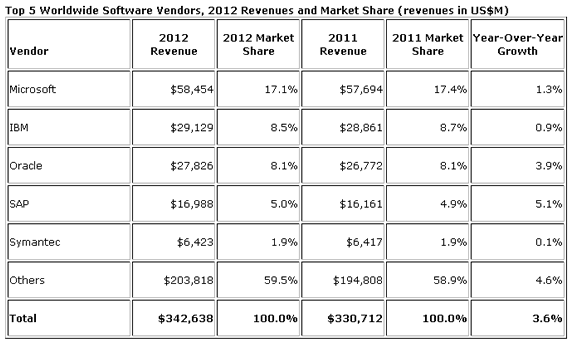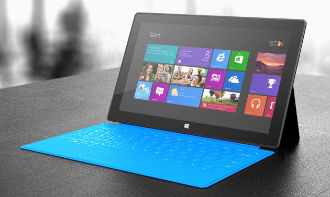 Microsoft announced the winners of the 2013 Worldwide Partner Conference (WPC) Awards.
Microsoft announced the winners of the 2013 Worldwide Partner Conference (WPC) Awards.
According to the company the awards recognise the skills and hard work of companies in Microsoft’s global partner network.
It said that this year’s competition had attracted over 3,000 entries, but only 11 UK partners made it on to the list of finalists, of which there were six award winners.
In the UK, partners were awarded the “coveted” Cloud Partner and SMB Cloud Partner awards, with Solidsoft and Tech Quarters respectively winning these titles. Microsoft said the UK wins demonstrated that the UK channel is leading the way in global cloud adoption. Is it?
Other UK winners included the IM Group, which scooped the Microsoft UK Partner of the Year, while Global Knowledge was named Learning Partner of the Year. Oxford Computer Group, was the Identity and Access Partner of the Year and eBECS, ERP Partner of the Year.
The winning partners will be presented with their awards in Houston at this year’s Worldwide Partner Conference. Furthermore, Microsoft will continue to work closely with the winners as part of its ongoing investment to champion the fantastic work achieved in the UK channel.
Janet Gibbons, Director Partner Strategy and Programmes at Microsoft said she was delighted to see so many UK winners: “I would like to congratulate all of the winning parties. It is great to see the UK partners achieving recognition for their hard work across many different categories.”















